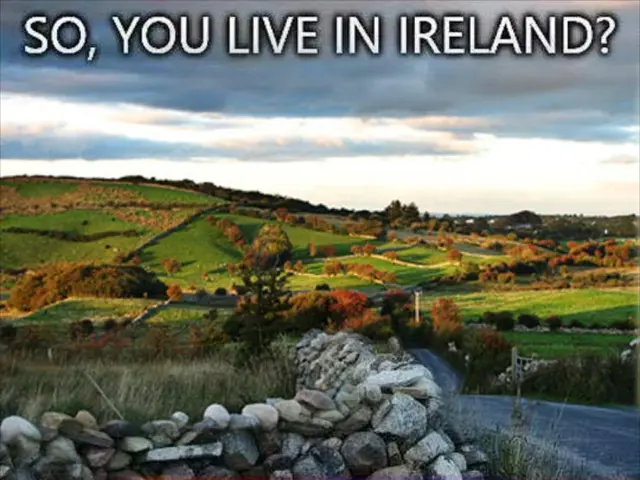Enhanced presence of federal troops in Washington D.C., adhering to Trump's orders.
In a move aimed at addressing escalating crime rates and ensuring public safety, President Donald Trump has ordered an increased federal police presence in the U.S. capital, Washington D.C. This decision has sparked a complex interplay of security needs and political dynamics, with contested implications for public trust and governance in the city.
The heightened presence will include agents from the Washington D.C. National Guard, FBI, U.S. Marshals Service, U.S. Immigration and Customs Enforcement, Secret Service, and various components of the Department of Homeland Security. According to the White House Press Secretary, Karoline Leavitt, the purpose of this operation is to protect innocent citizens from violent crime.
The Metropolitan Police Department is also involved in the efforts to increase policing in Washington D.C., due to the rise in violence and juvenile crime. Notably, former GSA employee Edward Coristine's vehicle was allegedly the target of an attempted carjacking over the weekend.
The duration of such deployments typically depends on evolving security assessments, threats, and political decisions. This seven-day operation may be extended as needed, as reported by local media sources. Federal agents will be highly visible in marked units.
D.C. Mayor Muriel Bowser was notified about the increased federal law enforcement presence and approved the White House's request to deploy more agents on the streets. However, this decision has been met with significant opposition and anger among D.C. residents, as polls indicate widespread disapproval of the deployment of federal agents and National Guard troops, linking these actions to concerns over democratic norms and local autonomy.
The U.S. Congress has authority and oversight over Washington, but ceded some of that power when it passed the Home Rule Act in 1973. The president has hinted this week that he would consider revoking the autonomy granted to local government entities in Washington D.C. by the Home Rule Act. Trump emphasized that lawyers are already looking into the possibility of revoking autonomy from Washington D.C. if the city doesn't "get organized and fast."
The potential implications of this increased federal presence include ongoing debates about federal overreach and the balance between ensuring security versus respecting civil liberties and local governance. Heightened tensions between federal authorities and the resident population may impact community-police relations and political discourse within the city.
Former prosecutor and current U.S. Attorney for the District of Columbia, Jeanine Pirro, has expressed uncertainty about the imminent changes but understands that both the Trump administration and the Metropolitan Police Department are seeking to increase policing efforts due to the violence in Washington D.C. Leavitt believes that there will be no safe haven for violent criminals in D.C. moving forward.
Trump's threats to take control of the nation's capital have been reiterated, with the president warning that if this continues, he will exercise his powers and federalize the city. The increased federal law enforcement presence in Washington D.C. reflects a complex interplay of security needs and political dynamics, with contested implications for public trust and governance in the capital.
- The increased federal law enforcement presence in Washington D.C., due to rising crime rates, has sparked discussions around politics, with the potential for federal overreach and questions about local autonomy, particularly in relation to the Home Rule Act.
- The announcement of a seven-day operation to combat crime in Washington D.C. involves agents from various federal departments, and it follows a complex interplay of security needs and political dynamics, falling under the umbrella of general news and crime-and-justice narratives.








